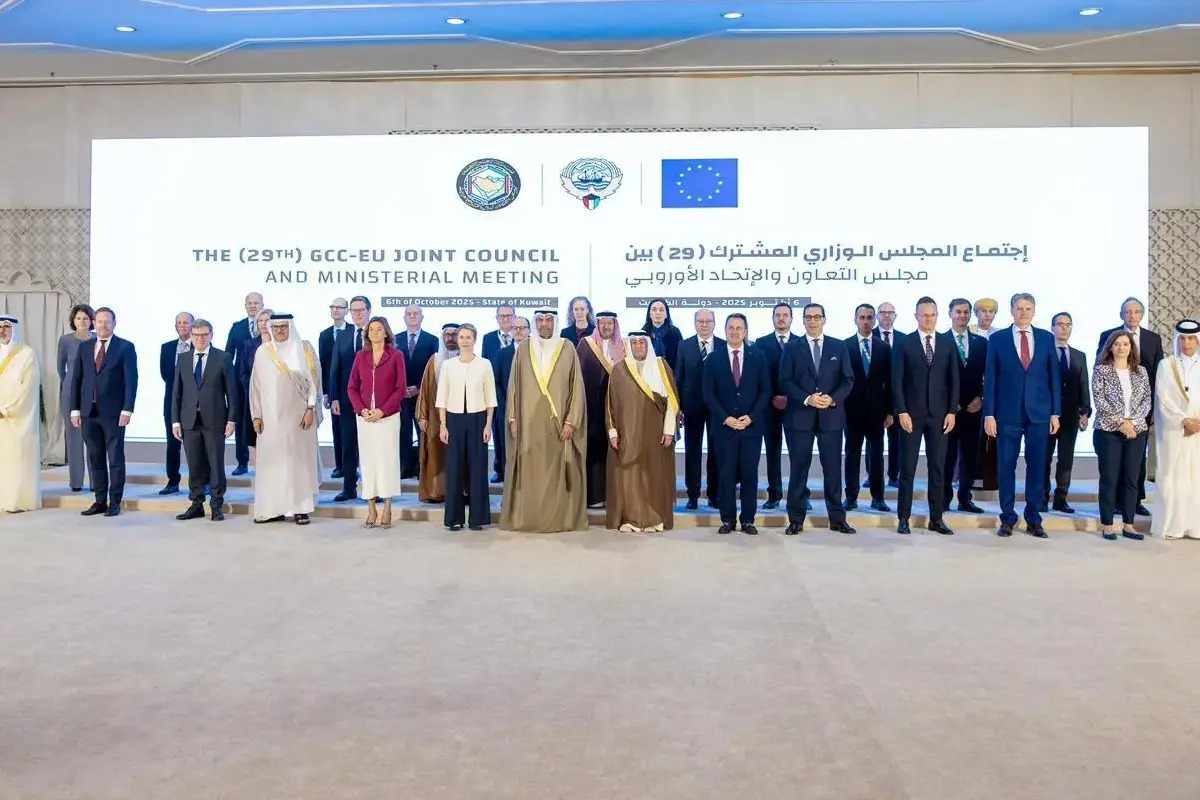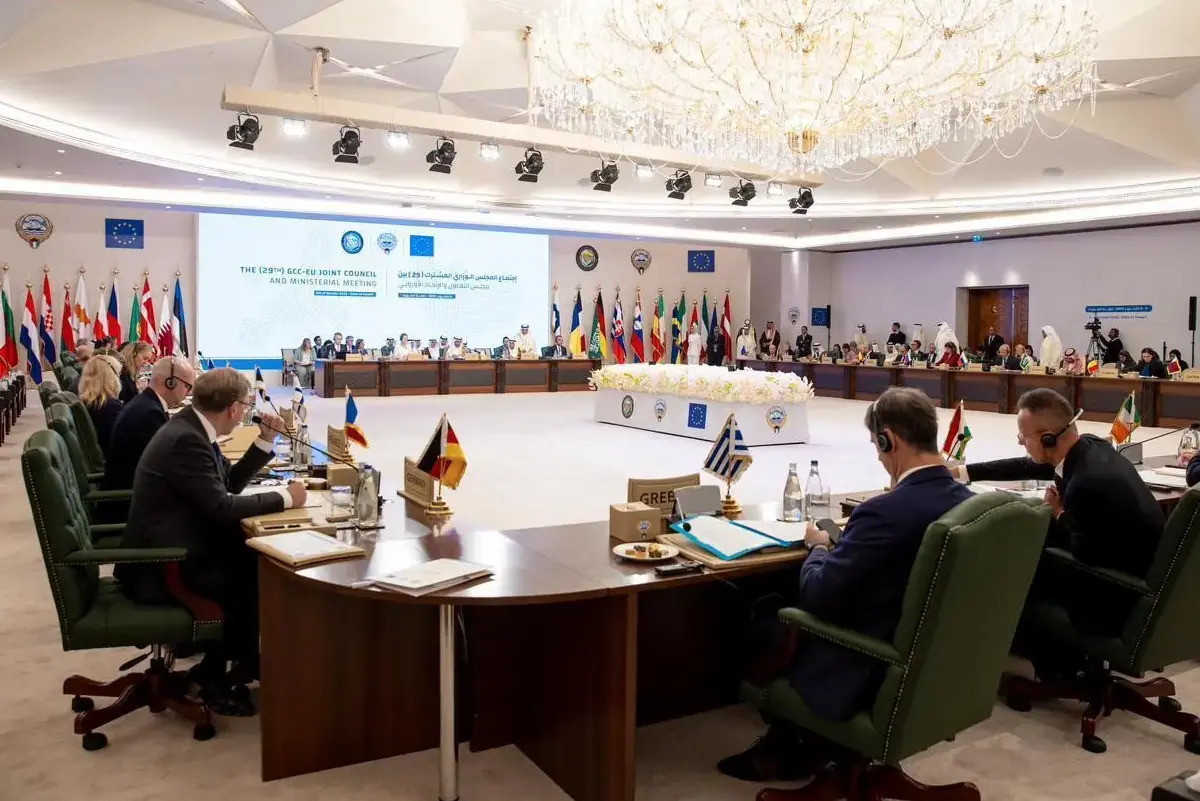Step would not only facilitate travel procedures between the two regions but also create broader prospects for trade, investment and tourism exchanges
Secretary-General of the Gulf Cooperation Council (GCC), Jasem Albudaiwi, affirmed that the meeting between the GCC and the European Union (EU) underscores the strength of the strategic partnership between the two sides during his participation at the 29th Joint Ministerial Council meeting between the GCC and the EU, held yesterday in the State of Kuwait.
This partnership is based on mutual respect and common interests, with its foundations laid by the cooperation agreement signed by both parties in 1988. Its principles were further reinforced by their first joint summit held late last year, reflecting the depth of ties between the organizations, which extend for nearly four decades to serve shared priorities and goals.
Secretary-General highlights benefits of full visa exemption
During his remarks, the Secretary-General expressed his aspiration to continue developing practical and serious measures to achieve a full visa exemption between the Schengen Area in the EU and the GCC countries. He stated that this step would not only facilitate travel procedures between the two regions but also create broader prospects for trade, investment and academic, cultural and tourism exchanges.
Albudaiwi stated that although this is the 29th joint ministerial meeting between the GCC and the EU, it holds a special significance as it is the first ministerial-level meeting held by the two sides since the first Gulf-European Summit.

 Source: SPA
Source: SPA
“The GCC attaches exceptional importance to continuing the implementation of the summit’s outcomes, which established a clear roadmap for more fruitful cooperation. During the summit, the leaders expressed their ambitious hopes and aspirations for this plan, and we continue to work diligently to translate them into practical and tangible steps that enhance economic partnership, trade and investment exchanges; expand cooperation in energy and the green transition; develop political consultations and security cooperation; address global challenges, including climate change; resolve conflicts and settling disputes; and strengthen relations between the peoples of the two regions,” he stated.
He pointed to the two proposals submitted by the GCC General Secretariat to the European side, which include holding the first Energy Forum between the two sides, in addition to organizing a forum on the digital economy and digital trade in joint coordination between the upcoming European presidency, Cyprus, the GCC, and the Digital Cooperation Organization (DCO). He expressed his hope that the Gulf-European partnership will achieve its intended goals and yield tangible results, thereby strengthening this distinguished strategic alliance.
GCC and EU strengthen strategic partnership
On the sidelines of the 29th Joint Ministerial Meeting between the GCC and the EU, Albudaiwi met in Kuwait with High Representative of the European Union (EU) for Foreign Affairs and Security Policy Kaja Kallas. The meeting focused on strengthening the strategic partnership and reviewing areas of joint cooperation. It also discussed the outcomes of the ministerial council session held earlier in the day, attended by the foreign ministers of GCC and EU member states.
The officials exchanged views on the latest developments in the Middle East, including international efforts to advance the peace process. They stressed the importance of maintaining coordination to address common challenges and affirmed the necessity of continuing political dialogue and deepening cooperation across economic, security and developmental fields to serve shared interests and promote regional and international stability.
